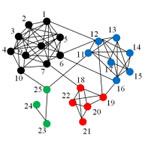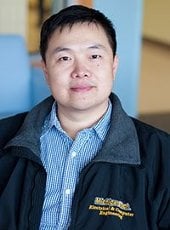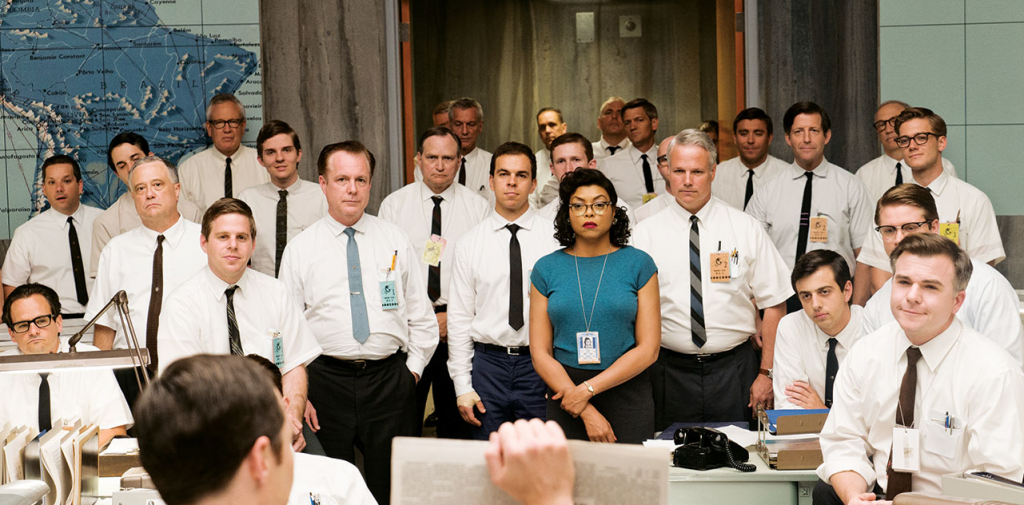
A few weeks ago my family and I went to see “Hidden Figures.” This movie traces the story of three African-American women in their struggle for opportunity and recognition as mathematicians and engineers in the early days of NASA’s Mercury space program. The story takes place in a time when NASA employed a large number of “computers” which in those days meant, literally, “people who compute.” Taraji P. Henson plays Katherine (Goble) Johnson, a mathematician who calculated spacecraft flight trajectories and ultimately played a critical role in the success of the John Glenn’s pioneering flight, orbiting the Earth – all while battling an organization that refused to give credit for her contributions, and having to walk a half mile in heels to the “colored” bathroom. Janelle Monae plays Mary Jackson, an aspiring engineer who identifies a problem with the capsule’s heat shield, and who eventually goes on to a career as an aeronautical engineer and engineering manager at NASA. Octavia Spencer plays Dorothy Vaughan, the unofficial supervisor for a group of female African-American “computers” who fought for recognition as a real supervisor and, after learning FORTRAN and becoming familiar with the new IBM computers that were installed to replace their human counterparts, eventually became supervisor of the Programming Department. I found the movie engaging and entertaining, and recommend it highly.
Even before seeing this, from the trailers it brought to mind two other movies about people struggling to make their contributions in the face of overt discrimination. One was “42”, the story of Jackie Robinson of the Brooklyn Dodgers, the first African-American in Major League Baseball. I was mildly disappointed in this movie. Of course the historical story line is compelling, and the movie was well-acted and well-directed, but there were no surprises. The story arc was a straight line from beginning to end and most of the action was pretty predictable, especially to those with a cursory knowledge of baseball. The screenplay practically wrote itself.
I was even more disappointed in “The Imitation Game”, about Alan Turing, the brilliant mathematician and essentially the founder of modern computer science, who played a central role in the decrypting Nazi intelligence codes for the British in World War II. After the war Turing was outed for being gay, prosecuted for “gross indecency”, and eventually committed suicide in 1954 at age 41. Again, the movie was very well made and was a commercial success. However, it had quite a number of historical inaccuracies which distort his relationships both during and after the war. At least, that is what I have read – this is one of those cases where everything I know I learned on the Internet. What I have read, however, is consistent with the way I felt after seeing the movie. Somehow it did not ring true, that the filmmakers were trying too hard to portray historical events in the context of modern sensibilities. (My mother, who is something of a Civil War history buff, felt the exact same way about Steven Spielberg’s “Lincoln.”)
So, going into “Hidden Figures” I was prepared for an entertaining but not particularly deep piece of fluff. I couldn’t have been more wrong. I was completely pulled in to the story of these three women, and the juxtaposition of something that I cannot identify with (the struggles of African-American women) with something that I can (engineering and mathematics). Granted, there are parts of the history that are slightly altered for dramatic effect, but that is to be expected in any docudrama. I have not read any major complaints about historical inaccuracy. Katherine Johnson did go on to be awarded the Presidential Medal of Freedom in 2015, was married 50 years to the soldier who courted her during the Mercury program (also depicted in the movie) and has a building named after her at Langley Research Center. Mary Jackson became NASA’s first black female engineer. Their story reflects the stories of countless other women and African-Americans who are pioneers in the STEM fields, blazing a trail for the modern generation of students and STEM professionals. I left the theater inspired and proud to be an engineer.
In addition to the central story line of the movie, there were two other messages that I absolutely loved. One is that an engineering education is something worth fighting for. For me the most moving scene in the movie was when Mary Jackson went before a judge and made her case, successfully, for why she should be allowed to take University of Virginia night-school engineering classes alongside the male students at all-white Hampton High School. Of course, these days no one should have to fight to be allowed to study engineering. The doors of Michigan Tech, like those of all engineering schools in the United States, are open to those who have prepared themselves and are willing to work hard. We can be proud of that, but we also have to recognize it would not be true without the efforts of many like those depicted in this movie.
The other message that I appreciated was one that had nothing to do with the social context, but was about engineering in general and the importance of getting things right the first time. When the flight engineers are determining the exact point in John Glenn’s flight when he goes from an elliptical orbit to the parabolic trajectory that will bring him back to the Earth – the “go/no-go” point – Katherine is pulled in to make sure that the calculations are absolutely correct. It brought to mind Ed Harris’ famous admonition in “Apollo 13” – failure is not an option! Any errors in the calculation would have meant a failure of the mission and the loss of an American hero. I was really happy to see that little message in there, and I hope all the budding engineers and mathematicians in the audience were paying attention.
Bottom line – wonderful movie; any STEM students (meaning 85% of Michigan Tech) would get a kick out of it. Two thumbs up!
– Dan
Daniel R. Fuhrmann
Dave House Professor and Chair
Department of Electrical and Computer Engineering
Michigan Technological University
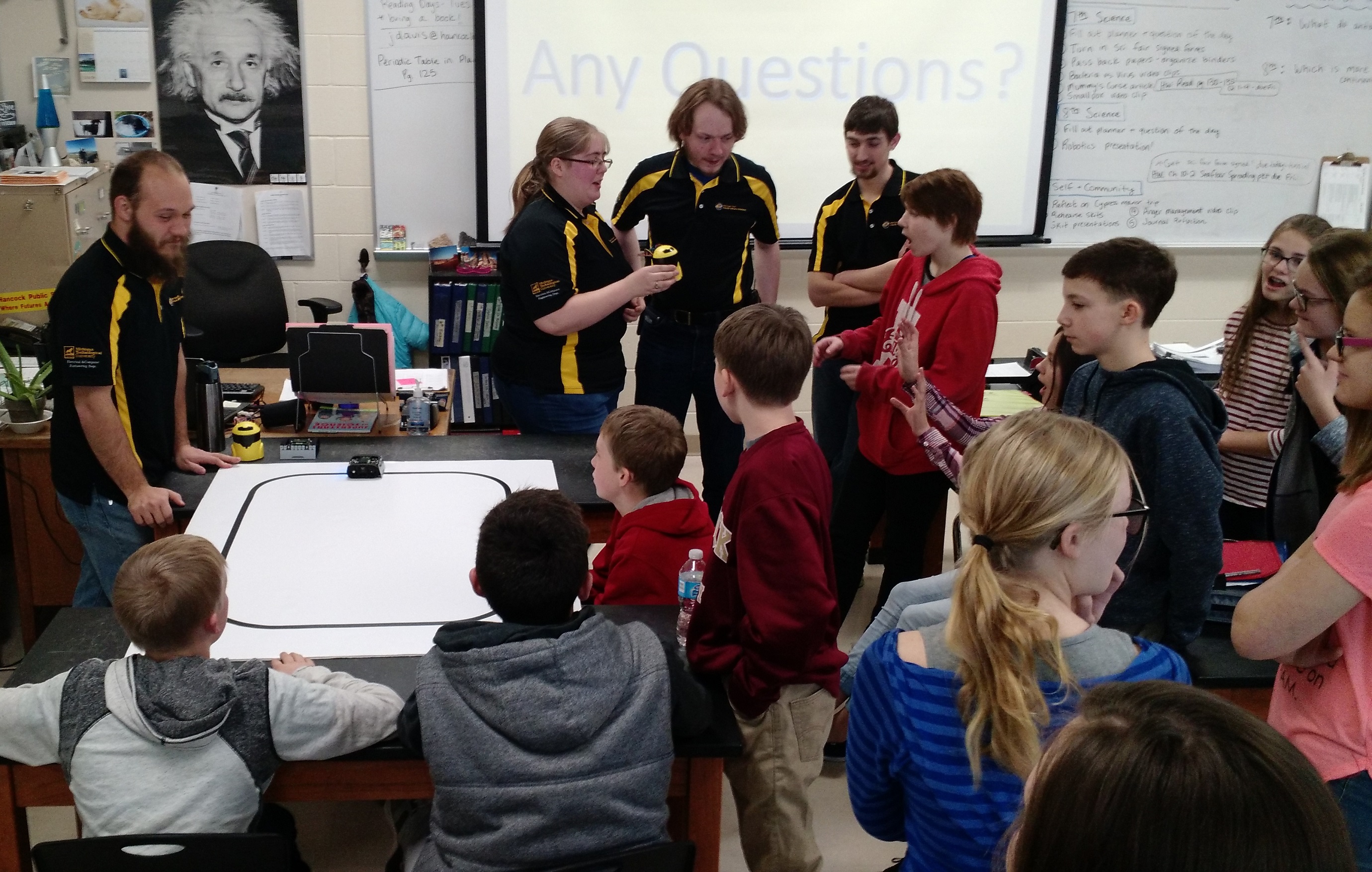
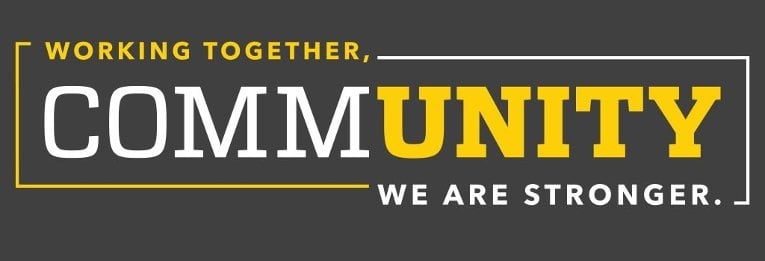 I am setting aside the draft of the column I was working on for this week, so that I can write a few words in response to the president’s executive order temporarily banning people from seven countries from entering the United States. This order has had an immediate and significant impact across all of American higher education, including Michigan Tech. The impact has both a humanitarian dimension, in terms of the damage it is doing to our international students, scholars, and their families, and a practical dimension, in terms of the research, scholarship, and enrollment at institutions of higher learning nationwide.
I am setting aside the draft of the column I was working on for this week, so that I can write a few words in response to the president’s executive order temporarily banning people from seven countries from entering the United States. This order has had an immediate and significant impact across all of American higher education, including Michigan Tech. The impact has both a humanitarian dimension, in terms of the damage it is doing to our international students, scholars, and their families, and a practical dimension, in terms of the research, scholarship, and enrollment at institutions of higher learning nationwide.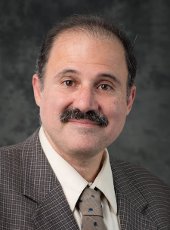

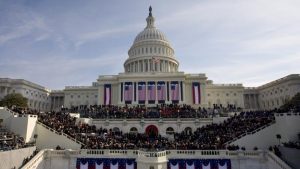 Well folks, here we are – January 20, 2017, the end of one remarkable era in American politics and beginning of a new one that promises to be even more remarkable.
Well folks, here we are – January 20, 2017, the end of one remarkable era in American politics and beginning of a new one that promises to be even more remarkable.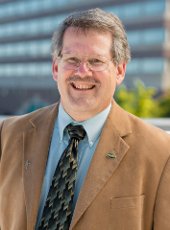
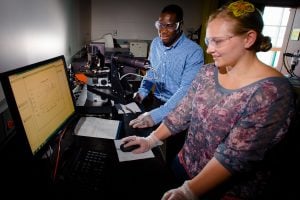 The ECE Department at Michigan Tech has a long and distinguished history in undergraduate education, having prepared over 8000 engineering students for meaningful careers since its inception in 1928. The times are changing, however, and Michigan Tech is changing as well. Some 40% of the engineering students in the United States now are graduate students, seeking MS and PhD degrees. Our programs have been evolving over the past 2-3 decades to respond to this changing demographic and to respond to the needs of the marketplace. Today our graduate programs are just as important in defining who we are and what we do as our undergraduate programs. This is not to say that we are building graduate programs just to respond to outside forces – in today’s world, a thriving academic engineering department is one in which undergraduate education, graduate education, and faculty-led research all co-exist in synergistic harmony.
The ECE Department at Michigan Tech has a long and distinguished history in undergraduate education, having prepared over 8000 engineering students for meaningful careers since its inception in 1928. The times are changing, however, and Michigan Tech is changing as well. Some 40% of the engineering students in the United States now are graduate students, seeking MS and PhD degrees. Our programs have been evolving over the past 2-3 decades to respond to this changing demographic and to respond to the needs of the marketplace. Today our graduate programs are just as important in defining who we are and what we do as our undergraduate programs. This is not to say that we are building graduate programs just to respond to outside forces – in today’s world, a thriving academic engineering department is one in which undergraduate education, graduate education, and faculty-led research all co-exist in synergistic harmony.